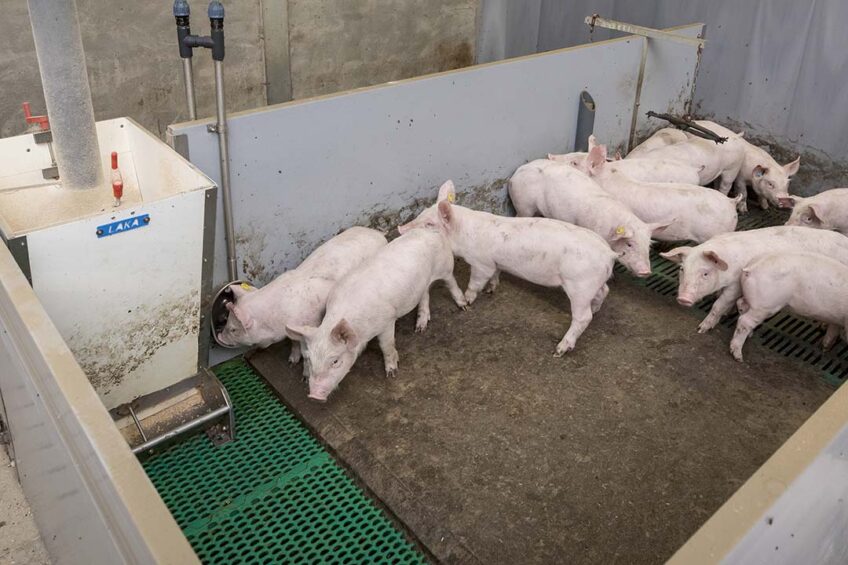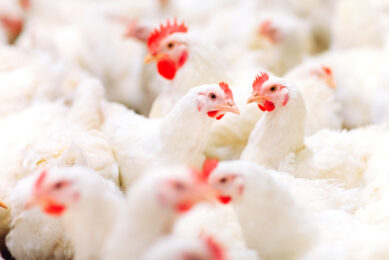Supplementing tea residue reduces post-weaning diarrhoea

A team of Chinese researchers evaluated the effects of fermented tea residue on, among others things, the post-weaning diarrhoea rate in the plasma of weaned piglets.
The post-weaning period for piglets means they experience changes in their gut tract environment, increased incidence of diarrhoea, and reduced growth performance. Post-weaning diarrhoea causes up to 20% mortality and a great economic loss. Imbalance of ion absorption and secretion is an important cause of post-weaning diarrhoea. Tea residue is rich in proteins with antioxidant, antimutagenic and hypolipidemic traits which can be effective against diarrhoea.
Data collection for the study
The team selected 36 21-day-old healthy weaned piglets (Duroc × Landrace × Yorkshire) for this trial that lasted 31 days. They randomly divided piglets into 2 groups; the control group got the basal diet, and the experimental group was fed tea residue added to the basic diet.
The team recorded abnormal behaviour and diarrhoea in piglets. They then calculated average daily gain, average daily feed intake, and gain to feed ratio. The researchers collected fecal samples to evaluate nutrient digestibility, and to determine mineral fractions in feces. In addition, they collected blood samples to measure biochemical, antioxidant and immune indexes. Then they euthanized piglets and collected gut samples to assess gut morphology and structure.
Impact on growth performance
Dietary supplementation with tea residue had no effect on body weight, average daily gain, average daily feed intake and feed conversion ratio of weaned piglets.
Impact on diarrhoea rate
Dietary supplementation with tea residue reduced diarrhoea rate in weaned piglets.
Nutrient digestibility
Dietary supplementation with tea residue had no impact on crude protein, crude fat, crude fiber, and total energy digestibility in weaned piglets.
Plasma biochemical indexes
Dietary supplementation with tea residue had no impact on the plasma biochemical indexes of total protein, albumin, globulin, cholesterol, triglycerides in weaned piglets.
Plasma antioxidant indexes
Dietary supplementation with tea residue reduced glutathione level on day 28.
Plasma immune indexes
Dietary supplementation with tea residue had no impact on immunoglobulin levels in weaned piglets.
Gut morphological structure
Dietary supplementation with tea residue had no impact on the jejunum, ileum villus height, crypt depth, and villus height to crypt depth ratio.
Fecal mineral fraction
Dietary supplementation with tea residue reduced the fecal chloride content of weaned piglets.
Impact on ion channels
Dietary supplementation with tea residue had no effect on the mRNA expression of ion channels in weaned piglets. In contrast, dietary supplementation with tea residue reduced chloride, and CFTR channel expression.
Conclusions
The authors concluded that the addition of tea residue to the diet enhanced the antioxidant function. It also reduced the content of chloride ions in feces of piglets, thus decreasing the rate of post-weaning diarrhea.











